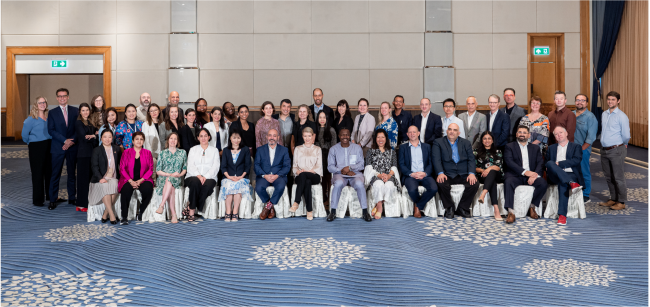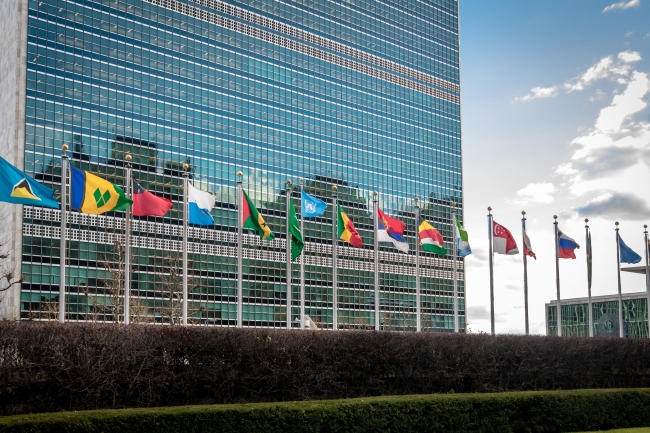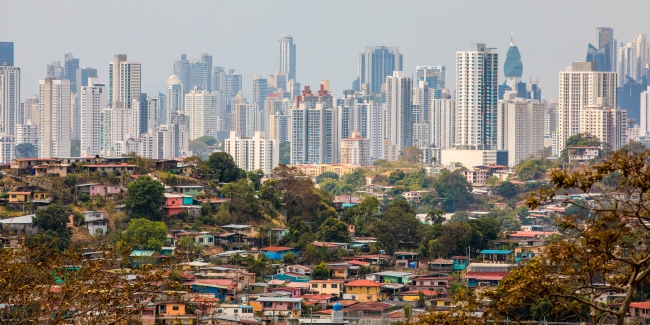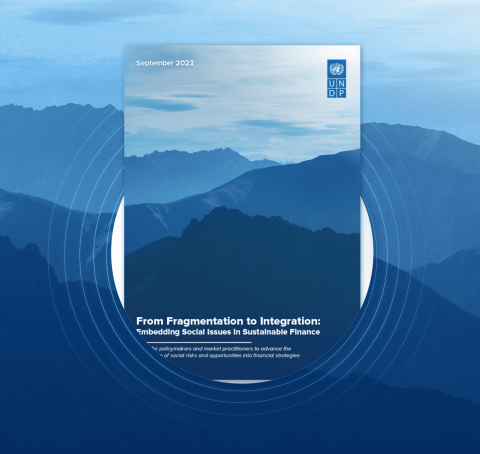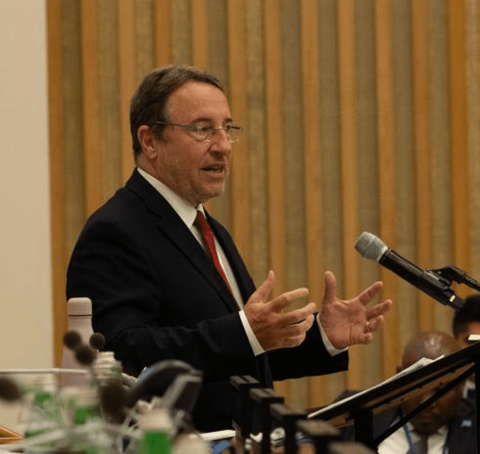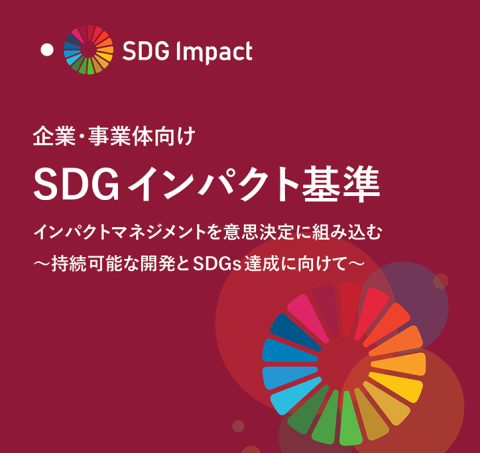Accountability and anti-corruption in the age of a global pandemic
COVID-19: B20-UNDP Joint Statement
29 SEPTEMBER, 2020
Kingdom of Saudi Arabia, Riyadh - The COVID-19 pandemic is having a devastating impact across the globe, posing significant threats to sustainable development gains and efforts to eradicate poverty, reduce inequalities and build resilient societies. The pandemic has exposed challenges in governance which require collective action and solutions. By focusing on accountability and integrity, and by holding public and private sector actors to higher standards of ethical conduct, the G20 Leaders can improve response and recovery efforts, fight corruption in government and business, and build more inclusive and equitable societies. The G20 Leaders have every opportunity to work together to help their countries, and others beyond the G20, to rebound strongly from the crisis and achieve the Sustainable Development Goals (SDGs) by 2030.
The B20 and UNDP welcome the commitments made in the G20 Leaders’ Extraordinary Summit (i) to foster collaboration between the public and private sectors in both the development and distribution of lifesaving goods (ii) to protect individuals and businesses of all sizes during the economic recovery and (iii) to “realize a free, fair, non-discriminatory, transparent, predictable and stable trade and investment environment.”
We urge the G20 Leaders to commit more explicitly to accountability and anti-corruption efforts to ensure the impact and effectiveness of response and recovery efforts to COVID-19.We call upon the G20 Leaders to adopt the following measures to improve integrity and to reduce corruption in the age of a global pandemic:
1. Promote transparency and accountability, and fight corruption within public health and emergency procurement.
The COVID-19 pandemic has highlighted once again the importance of ensuring accountability and transparency in public finance management: public trust in government is not a given – it is earned through a multitude of daily decisions and actions.
Given the need for urgency in responding to the pandemic, the B20 and UNDP recommend that the G20 governments support robust oversight mechanisms and other measures to promote the efficiency and integrity of relief funding and healthcare programs, including specific anti-corruption safeguards and through digitalization of government procurement and other public services.
Additional efforts should include:
· All COVID-19-related healthcare spending and emergency procurement should be completely transparent, made available in line with open data standards, with contracts and disbursements that include relevant anti-corruption clauses (including the identification of beneficial owners) and code of conduct requirements. Thorough audits of emergency procurement spending, particularly sole-sourced contracts, must be undertaken in a timely fashion;
· Public and private sector organizations whose work on COVID-19 therapeutics, vaccines, diagnostics and other health technologies has been supported with public funds should make their related clinical trial data and their access plans and strategies, publicly available in a timely manner. Failure to publish this data, contrary to the 2019 World Health Assembly Transparency Resolution for disclosure and applicable national laws, should result in civil penalties and the clawback of government funding;
· Oversight Boards, composed of anti-corruption or relevant oversight institutions, civil society, and the private sector, should be established or strengthened to oversee the management of, and reporting on, stimulus funds, while increased funding should be made available for relevant public sector accountability offices to assist government entities with their oversight responsibilities;
· Emergency laws or measures passed during the pandemic must meet international legal standards and be in accordance with the State’s obligations under applicable human rights law. Any curtailment of human rights should be proportionate, legitimate for the purpose intended and necessary to mitigate the risks identified, be reviewable by a court or other oversight body, and be taken and applied in a non-discriminatory way both in practice and in law;
· Companies that are registered - or have subsidiaries that are registered - in offshore tax havens should be ineligible for national pandemic relief or state financial aid related to COVID-19;
· Citizens and civil society should be encouraged to provide monitoring and oversight of the delivery of healthcare and sanitation; and
· Robust whistleblower systems should be established in the public and private sectors and protections provided for all healthcare workers and other citizens disclosing corruption or fraud within healthcare, relief funding and procurement systems.
2. Support the development and implementation of national anti-corruption strategies
The B20 and UNDP recommend that all G20 governments put in place and globally support robust, far-reaching and implementable anti-corruption strategies, based on multi-stakeholder consultations, that include appropriately resourced prevention, education and enforcement capabilities. These strategies should be inclusive, aligned with national development goals, and contribute to achieving the SDGs. Measures should include:
· Engaging with citizens, communities and businesses on strategy design and implementation to ensure that their knowledge, capacities and resources can be leveraged appropriately;
· Bestowing upon national anti-corruption bodies, oversight institutions, and other relevant government agencies, the authority, expertise and resources to ensure full implementation of anti-corruption efforts and the monitoring of results;
· Drawing connections between national strategies and international frameworks and approaches for fighting corruption, including, in particular, the UN Convention Against Corruption(UNCAC), guidance from the Financial Action Task Force (FATF); asset recovery frameworks such as the Stolen Asset Recovery Initiative (StAR); and guidance developed by UNDP and other organizations to integrate transparency, accountability and anti-corruption in response to COVID-19;
· Mainstreaming gender issues in national strategies by considering the gender-based impacts of corruption, involving women from the public and private sectors in anti-corruption efforts and consultations and by actively supporting practical initiatives to help women leaders to combat corruption in government institutions and in companies, in particular SMEs;
· Ensuring that whistleblower systems more effectively engage and empower women to take a more active role in the fight against corruption;
· Encouraging and supporting the education and training of young people and start-up entrepreneurs to understand the commercial and other benefits of business integrity and ethics and to implement them in their companies’ operations; and
· Disseminating the strategy on an on-going basis and reporting annually against measurable goals, with clear indicators of how learning will be used to improve outcomes.
3. Facilitate the use of ICTs and open data for anti-corruption
The B20 and UNDP recommend that the G20 governments take steps to support and strengthen anti-corruption efforts globally by more effectively leveraging inclusive Information and Communication Technologies (ICTs) during and after the pandemic. Improved transparency and information-sharing, particularly relating to beneficial ownership data, public procurement and other government services, will bolster public and private sector corruption risk management and will empower citizens to be more involved in promoting accountability. Efforts should include:
· Adoption of consistent digital identity standards for legal entities and natural persons;
· Establishment of public national registers of beneficial ownership data which will increase accountability, assist enforcement efforts and significantly improve the efficiency and effectiveness of private sector third-party risk management;
· Endorsement of a G20-sponsored public-private partnership technology innovation project focused on improving data quality in, and data sharing among, national registers;
· Adoption of e-procurement and other financial management information systems to register emergency response funds and publish open data using standards including the Beneficial Ownership Data Standard (BODS), the Open Fiscal Data Package (OFDP) and the Open Contracting Data Standards (OCDS) to ensure the transparency of public spending;
· Analysis and recommendations for the future adoption of new technologies such as artificial intelligence, blockchain and advanced data analytics in preventing and detecting fraud and corruption in public procurement and other government services such as land registry, public administration and customs, while respecting human rights including the right to privacy; and
· Deployment of ICT-based communication channels, measures and systems to enable public reporting of corruption offenses in line with the G20 High-Level Principles for the Effective Protection of Whistleblowers and in accordance with Articles 13 & 33 of the UNCAC.
The 2020 Civil Society 20 Anti-Corruption recommendations also address a number of these topics, including COVID-19, information technology, public private partnerships and national anti-corruption strategies. More information can be found in the 2020 Civil Society 20 Policy Pack.
NOTE: B20 (Business 20) and C20 (Civil Society 20) are designed to contribute to G20. The G20 submit is in November. This statement is issued by B20 to contribute to the G20 declaration, which is currently being negotiated among G20 members.

